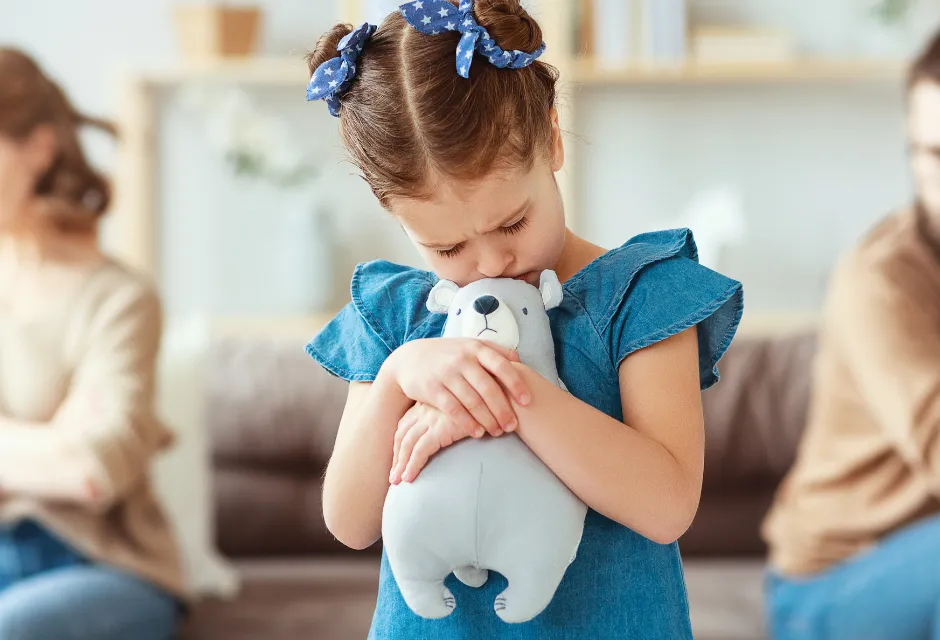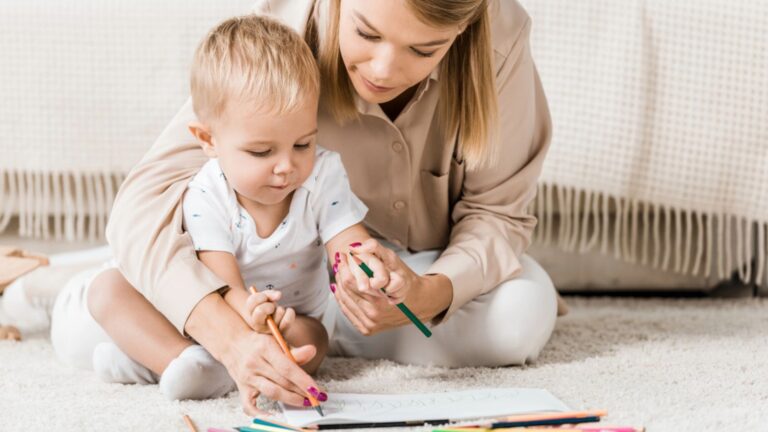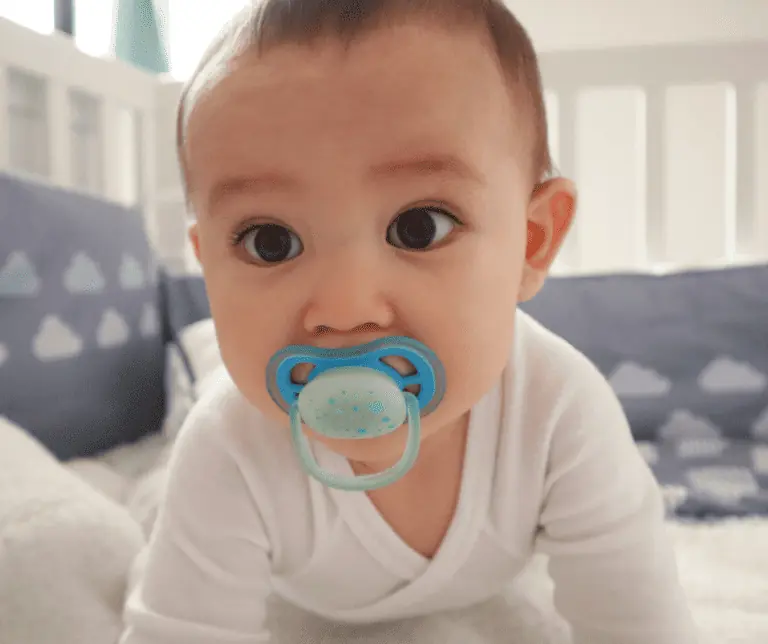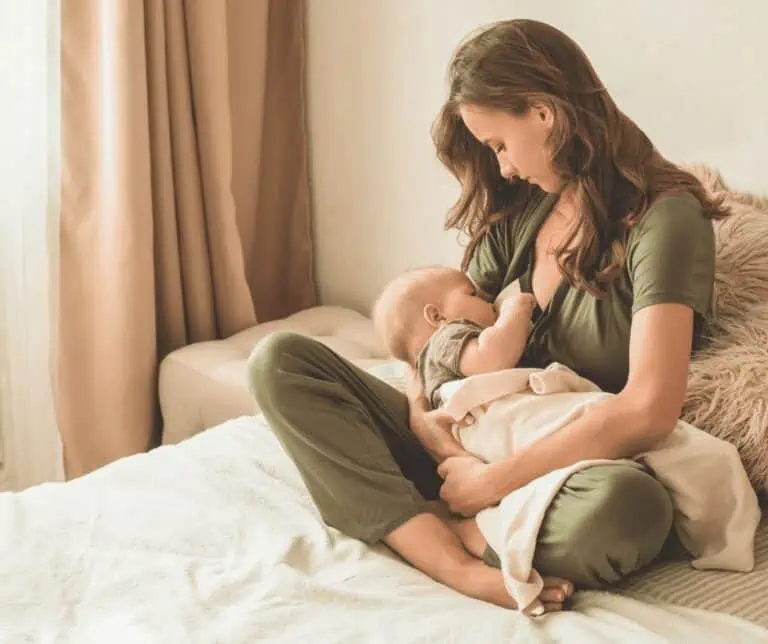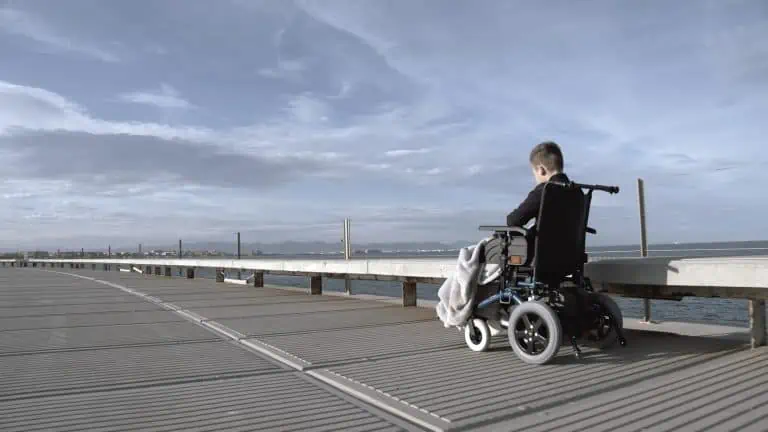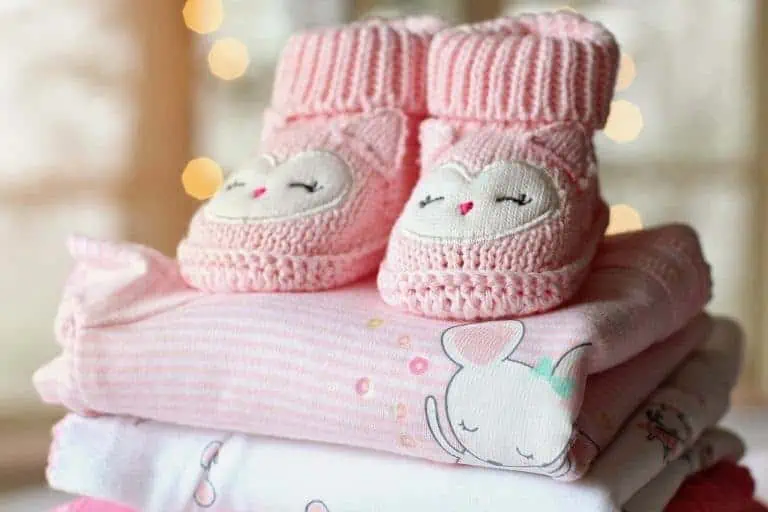The Worst Age for Divorce for Children- And How to Help Them Cope
This post may contain affiliate links. As an Amazon Associate, I earn from qualifying purchases.
No one gets married expecting to get divorced, but it’s a reality for many couples. A new study has found that the age of children may impact how well they cope with divorce.
So what is the worst age for divorce for children when their parents get divorced? This article will look at the effect of divorce on children and how to help them effectively cope.
The Worst Age for Divorce for Children
The reality is that divorce is hard on children of all ages. Plus, its effects can be very dependent on an individual child because of their personality, temperament, and more. Additionally, your parenting style may have an effect too.
According to one child psychologist and divorce expert, children around the age of 11 have the hardest time. Why is this? Preteens are at an age where they start to understand and grasp relationships and hard emotions- yet they don’t typically have the full capacity to process them. This can lead to a disconnect that elicits feelings of anxiety, depression, and anxiety.
Additionally, it’s important to note that conflict often associated with the divorce between the parents is what is truly hard on this age group (and all kids for that matter). Thus, staying involved in your child’s life, minimizing conflict- at least in front of your kids, and keeping things civil as you separate can make a big difference.
Why the Effects of Divorce are Hardest on Preteens and Teenagers
Divorce for children between the ages of 11 and 13 is a critical time in a person’s development when they form their identity and self-esteem (whether they’re in elementary school or starting junior high). Children’s reactions to divorce in this age group involved more emotional trauma than others. However, divorce affects every child differently- so parents need to help their child navigate these difficult times (regardless of the child’s age).
How Divorce Affects Other Age Groups
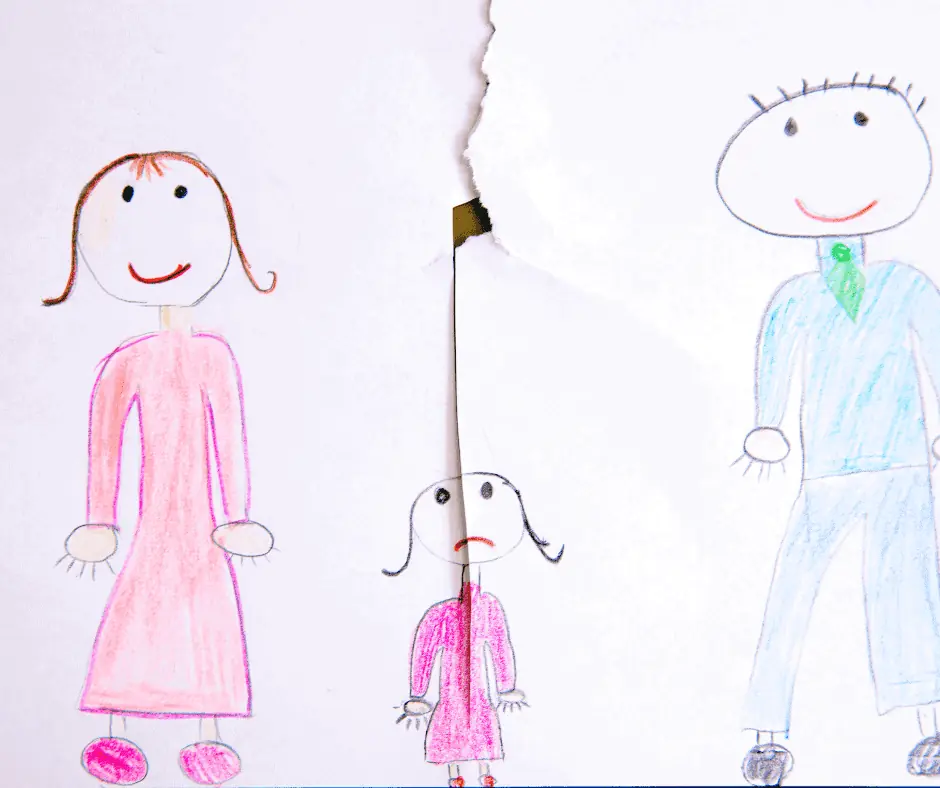
What about other age groups? Let’s review:
Toddlers and babies under three (3 years old)
Young children, in particular, are affected by the dissolution of their parent’s marriage, primarily due to their limited understanding of what is happening and their dependence on primary caregivers for security and comfort. Some of the divorce’s most common effects on toddlers and babies under three include disruptions in sleep and eating habits, changes in behavior, and emotional distress. Thankfully, if the divorce is handled with a lot of support and minimal angst- your young child won’t remember or be traumatized by the event like older kids will remember.
Preschoolers (3 to 5 years)
Preschoolers still develop their sense of self and rely heavily on their relationships with their parents to make sense of the world around them. Children can feel confused, stressed, and fearful when a family goes through a divorce. They may worry that they are somehow responsible for the break-up or that life will never be the same again.
Elementary school age (6 to 12 years old)
Despite the challenges associated with a divorce at this stage of life, there are strategies that parents and teachers can implement to help kids cope with this stressful transition in positive ways. For example, encouraging open communication between kids and parents is essential in expressing emotions in healthy ways while reassuring that all caregivers still love them.
Teenagers (13+)
Teenagers must grapple with the fact that their parents’ relationship is falling apart, which can be incredibly overwhelming. And beyond their own individual struggles, many teens also have to navigate complex issues related to custody and visitation rights, as well as financial aspects such as child support and house payments.
The Impact of Divorce and Separation on Children’s Mental and Emotional Health
Divorce can be devastating to children’s mental and emotional health- leading to emotional trauma. Kids can feel abandoned, neglected, and unsupported when their parents split up. They may feel guilt and sadness. Students may have difficulties in school, friends, and their overall development.
If you’re going through a divorce, you must be mindful of your children’s emotional needs. Make sure to spend time with them (and the rest of the family if you have other kids), answer their questions honestly, and provide support. Many resources are available to help you and your kids. Seek counseling or therapy from a psychologist is a great option if you feel it would benefit your family and child’s well-being.
Support is Key During a Hard Time
The effects of divorce on children can be long-lasting. And making your child feel abandoned or isolated can exacerbate the effects. Do what you can to be present with and help your children through this tough time- it is essential. With love, support, and understanding, they will be able to get through it and come out stronger in the end.
Divorce and a Child’s Future
Divorce has far-reaching consequences for children, often affecting their mental and emotional health far into the future. The stress of living through a divorce often manifests as anxiety, depression, or even behavioral issues. Additionally, divorce can exacerbate pre-existing mental health conditions or lead to new conditions’ development. There are many ways that divorce can impact children’s mental health, including familial conflict, loss of stability, changes in routines, and financial struggles.
How Divorce Mediation Can Help
However, divorce mediation can help to mitigate these effects by providing a safe space for parents to work through differences and come up with solutions that are in the best interest of their children. By effectively addressing the challenges associated with divorce and helping families to stay connected and resilient during this difficult time, divorce mediation offers hope for a brighter future for children affected by divorce when families are able to work together.
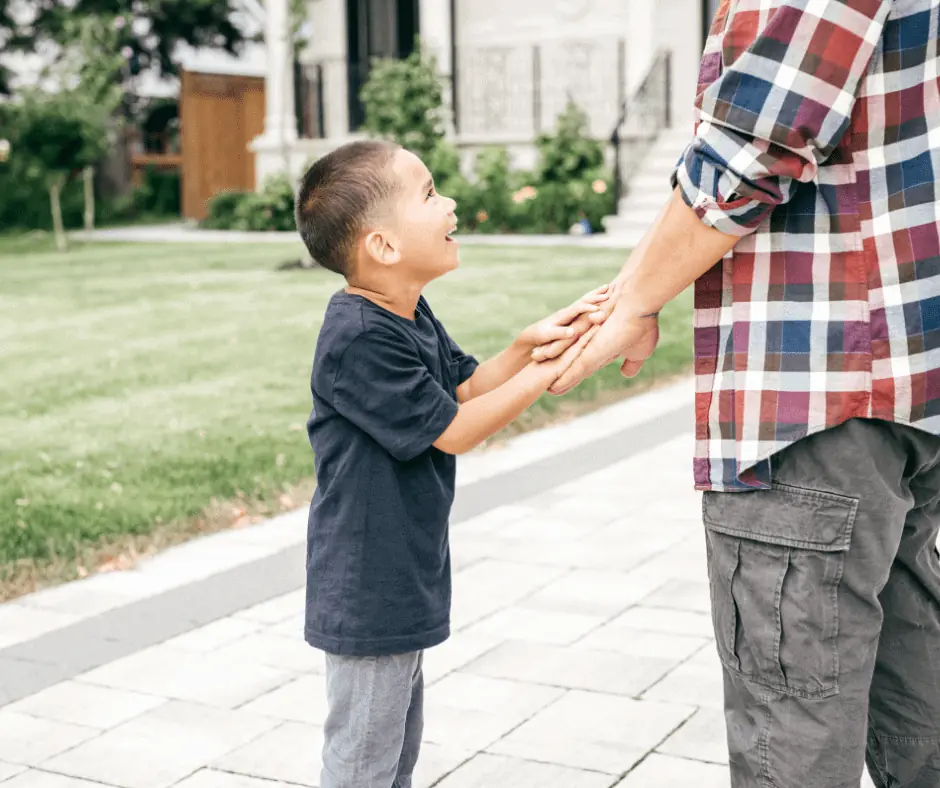
How to Help Your Child Cope with the News of Your Divorce
It can be challenging for your child when you and your spouse divorce. They may need help understanding what is happening or why it is happening- whether they are 3 years old or teenagers. Here are some things that you can do to help kids cope with the news:
- Be there for them (truly present) and answer any questions they have, honestly.
- Let them talk about their feelings and emotions, even if they seem like they are too young to understand.
- If they are old enough, make sure they know that it is not their fault and that they are not responsible for the divorce.
- Keep their routine as normal as possible, as changes during a time of upheaval can be very confusing for a child.
- Please encourage them to keep up with any hobbies or school activities they enjoy as a way to help them stay positive.
- Reassure them that you both still love them and that they will always be a part of your lives, no matter what happens.
- If they prefer one parent over the other as the split occurs, don’t take offense but support them as best you can through the separation.
It’s important to remember that your child is going through a tough time. They are probably feeling scared, confused, and overwhelmed. Be patient with them and try to understand. It will take some time, but eventually come to terms with the divorce.
Related read: 4 Parenting Mistakes Every Parent Should Avoid Making
Conclusion: How to Negate the Effects of Divorce on Children
While no one wants to think about the potential for their marriage to end in divorce, it is a sad reality for many couples. And while divorce is hard on everyone involved, it can be especially difficult for children.
Since research show’s that age can affect children’s reactions to divorce reaction, as parents consider their children’s ages if they are considering getting a divorce. It makes all the difference in the world for them. Thankfully, with the right supportive environment, you can keep a positive relationship with your child and help them navigate their new world and life.
Related read: Marriage is Work- But Can You Make It Work?
It’s Not All Bad!
While you can feel guilty about getting divorced, you can think about the resilience you are helping your child build. After all, the world isn’t always a kind place and they are learning to emotionally navigate future hiccups.
Plus, if your marriage is causing a toxic home or family environment- parenting separately will definitely be beneficial for everyone in the long run. In fact, some research illustrates that a toxic pre-divorce relationship can be just as detrimental to your child- so it’s not necessarily good to stay in a bad marriage for the sake of your kids either. Sometimes it’s best to accept your marriage for what it is and move on to maintain a healthy relationship with your kids.
Are you a child of divorce? What helped you cope best? What did you struggle with the most? Let us know in the comments below!

